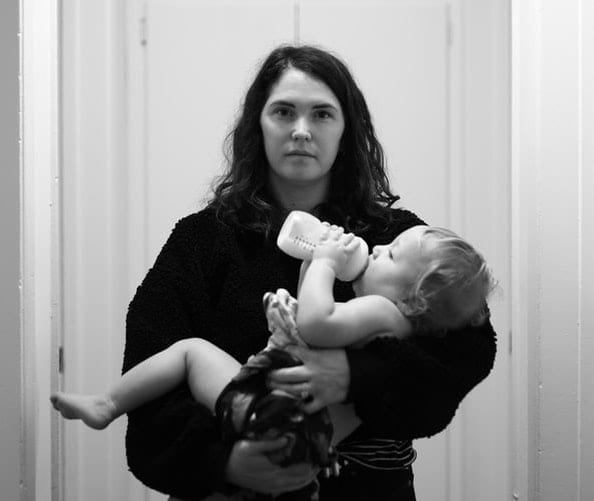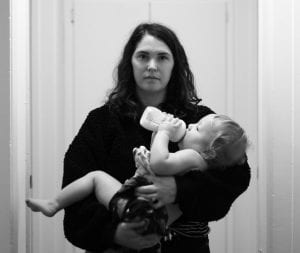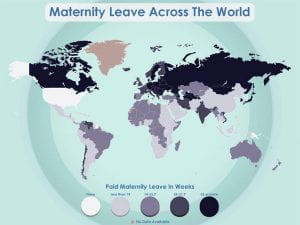As a philosophy student, I find the debate around marriage fascinating because it’s something almost everyone has personal experience with—whether through their own relationships, family, or society at large. On the surface, marriage might seem like a simple institution built on love and commitment, but when we dig deeper, we start to see cracks in its foundation.
Marriage has long been regarded as a cornerstone of social life, providing structure for intimate relationships, legal benefits, and a framework for raising children. But as legal scholars and human rights advocates have increasingly pointed out, marriage also functions as a gatekeeper to economic security, legal protections, and social recognition—and it does not serve everyone equally. This raises serious ethical questions: Does marriage reinforce systemic inequality, particularly for women and non-traditional families? Is it time to reform, replace, or abandon it altogether? In this blog, we’ll explore three contemporary philosophical arguments about marriage and their implications for justice and human rights.

Susan Okin: Marriage Makes Women Vulnerable
Susan Okin argues that marriage, as it exists today, creates and reinforces gender-based vulnerabilities, particularly for women. In Vulnerability by Marriage, she explores how society expects women to take on most of the caregiving responsibilities, which leads to an unfair division of labor both at home and in the workplace.
According to the American Time Use Survey by the U.S. Bureau of Labor Statistics, in 2022, women spent an average of 2.4 hours per day on household activities, compared to 1.5 hours for men. Women were also far more likely to provide unpaid caregiving for children and elderly family members. Even in so-called egalitarian households, studies show that men’s careers tend to take priority, affecting decisions about where to live and how to divide time and resources.

These patterns have real economic consequences. Women who step back from paid work to care for children often experience long-term wage penalties and loss of retirement savings. After divorce, the gender wealth gap becomes even more stark. A report from the U.S. Government Accountability Office found that women’s household income fell by 41% after divorce, compared to just 23% for men.
Okin’s critique points to a larger human rights issue: economic dependency can limit women’s autonomy and political participation. Without systemic support, such as paid parental leave, subsidized childcare, or equitable divorce laws, marriage remains a structural disadvantage for many women.
Laurie Shrage: Should the State Be Involved in Marriage at All?
In her piece, The End of Marriage, Laurie Shrage takes Okin’s critique even further. Rather than just reforming marriage to be more equitable, she questions the role of the State in structuring intimate relationships. Shrage argues that marriage, as a state-sanctioned institution, provides legal and social privileges to some relationships while marginalizing others. If you’re married, you get tax breaks, easier access to healthcare, and legal rights over your partner’s well-being. But what about people in non-traditional relationships, cohabiting partners, or polyamorous families that don’t fit into the legal mold?
Consider this: The U.S. Government Accountability Office identified 1,138 federal statutory provisions in which marital status is a factor in determining benefits, rights, and privileges. But for unmarried partners—even those in long-term caregiving relationships—those same protections are often unavailable. This creates a system of legal exclusion that disproportionately affects LGBTQ+ individuals, lower-income families, and those outside traditional family structures.
Shrage does not argue that the state should entirely remove itself from intimate relationships. Instead, she believes the law should be restructured so that protections and benefits are not solely tied to marriage. Instead of privileging marriage, we could develop alternative legal structures that support all kinds of caregiving relationships without requiring people to fit into a specific mold. Some states have made attempts to implement this. For instance, Colorado’s Designated Beneficiary Agreements allow individuals to assign rights such as hospital visitation or inheritance without marriage. Yet these reforms are patchwork and often limited in scope.

Shrage’s argument forces us to rethink what marriage actually does. If it’s primarily about securing legal and financial benefits, then why should it be tied to romantic relationships at all? Shouldn’t anyone be able to create binding legal partnerships that reflect their chosen family structures? Shrage proposes an alternative: decoupling legal benefits from marital status. Legal agreements could allow individuals to designate financial partners, medical proxies, or co-parents without needing a state-sanctioned marriage. By ensuring equal access to legal protections regardless of relationship type, we could create a system that better serves the diverse ways people build their lives together.
Claudia Card: Tear It All Down
While Okin and Shrage suggest ways to reform or restructure marriage, Claudia Card takes a more radical approach in Against Marriage and Motherhood. She argues that marriage is not merely flawed but fundamentally coercive—and often serves as a mechanism for control and abuse.
One of Card’s most powerful arguments is that marriage can trap individuals in violent or exploitative relationships. Because marriage is a legal contract that binds two people together, leaving an abusive marriage often requires legal intervention—something that can be expensive, slow, and emotionally exhausting. According to the National Intimate Partner and Sexual Violence Survey by the CDC, 1 in 4 women and 1 in 9 men have experienced severe intimate partner violence. Due to financial dependency and legal entanglement, many people find it difficult to leave abusive marriages. A 2020 study by the Institute for Women’s Policy Research found that economic abuse, like controlling access to money or employment, was a key barrier to leaving. In many cases, the legal system inadvertently works to sustain abusive relationships by making it harder for the abused partner to leave, which is the fundamental reason why Card believes marriage, in any form, is beyond repair.

Additionally, Card critiques the cultural glorification of motherhood. While motherhood is often idealized, mothers in the U.S. face one of the highest unpaid caregiving burdens in the developed world. The U.S. is the only wealthy country without guaranteed paid maternity leave. Women, especially single mothers, are left to shoulder the costs of caregiving without adequate support, leading to heightened rates of poverty, stress, and burnout.
Card’s radical proposal—to abolish marriage as a legal institution—calls for building new social structures based on mutual care and autonomy rather than control and dependency. From a human rights standpoint, her argument challenges us to rethink whether any institution should have the power to limit freedom, security, or self-determination.
Where Do We Go From Here?
In philosophy, we often come back to the same fundamental question: Should we work within the system to make it more just, or should we tear it down and start over? Okin, Shrage, and Card each offer different visions for the future of marriage, but they all agree on one thing—the way things are now isn’t working.
At its core, the debate about marriage is a human rights issue. Who gets access to economic security, legal protections, and social recognition—and at what cost? And marriage laws don’t just reinforce inequality for adults; they also impact vulnerable populations in ways we rarely acknowledge. For example, child marriage remains legal in parts of the U.S.—a reality that raises serious ethical concerns.
Our three authors all highlight different ways in which marriage has historically marginalized certain groups, particularly women, and ask us to consider alternative frameworks that promote justice and equality. Whether through reforming marriage, removing state involvement, or abandoning it altogether, the goal should be to ensure that all individuals—regardless of their relationship status—have equal rights, protection, and autonomy. As we continue to challenge traditional norms, we must prioritize human dignity, fairness, and inclusivity in the ways we structure relationships and social institutions.





